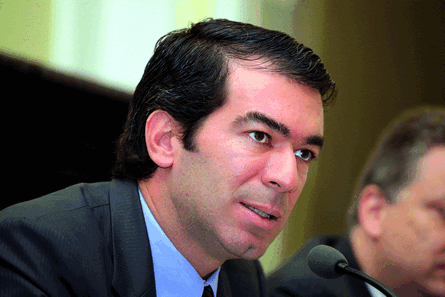Leisure firm TUI Group has yet to assess the impact of rival Thomas Cook Group’s collapse on its own operations, but stresses that it is facing its own external pressures which are likely to continue into the next fiscal year.
Thomas Cook’s failure occurred on 23 September, in the final week of TUI’s 2018-19 fiscal year.
TUI Group chief Friedrich Joussen says the company is looking to support its customers who have been affected by the collapse of its competitor, offering replacement flights for TUI passengers who had been booked on flights operated by Thomas Cook Airlines.
Joussen adds that TUI is examining the short-term impact of Thomas Cook Group’s situation as the fiscal year closes.
But he states that the “challenging” market environment is “likely to persist” into 2019-20 and that, while its business model is “resilient”, TUI needs to focus on becoming more cost-competitive.
Joussen says the company is “well-positioned” to become an integrated “digital tourism platform business”, with strategic digital initiatives to expand its reach to new markets.
The airline is citing, as Thomas Cook had, the problems of overcapacity and the uncertainty regarding the UK’s withdrawal from the European Union. But it is also having to deal with the grounding of its Boeing 737 Max fleet and the need to recruit replacement capacity over the winter season.
“We anticipate a smaller level of aircraft replacement costs to be incurred, compared with summer,” it states.
TUI says the summer period is ending “in line with expectations” – with stronger bookings and higher average prices in recent weeks – and that it expects an earnings decline of up to 26% compared with the previous full-year underlying EBITA figure of €1.18 billion.
Weaker demand “remains evident”, says the company, with around a third of the winter 2019-20 programme sold – a similar level to the previous year.
Source: FlightGlobal.com


























